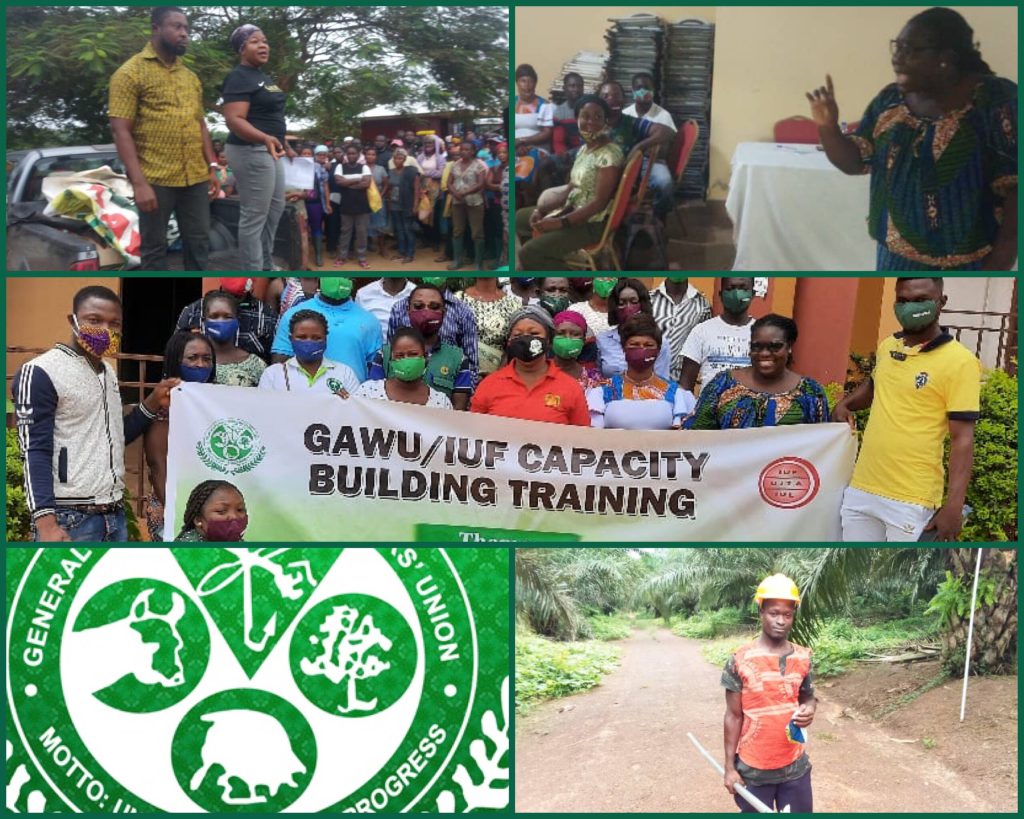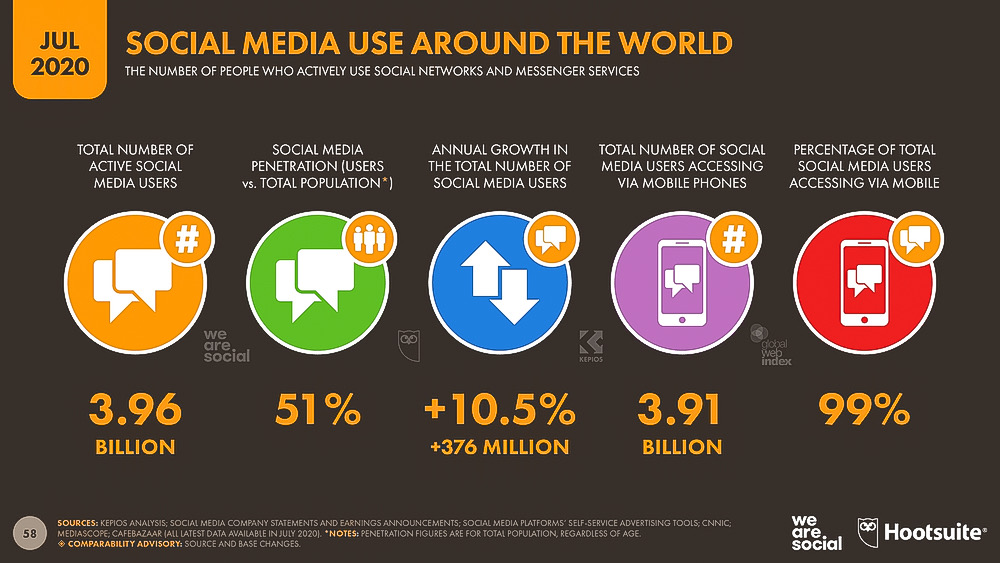GAWU & our 60years of Promoting DECENT WORK In Agriculture.
Who are GAWU? Ghana’s General Agricultural Workers’ Union (GAWU) is the nation’s biggest trade union organizing farmers and agricultural workers both in the formal and informal sectors of our country. GAWU has been working together with smallholder farmers and other non-wage rural workers since formation on the 9th of February, 1959. We are currently working in over 200 communities across all the regions of Ghana. The Union is non-partisan and hence not affiliated to any political party in Ghana. The ultimate goal of GAWU is to organize Ghana’s agricultural workers in the formal and informal sectors and to champion the cause of agricultural workers through consistent empowerment, policy advocacy, and proper representation at the highest levels. GAWU is one of the affiliates of The International Union of Food, Agricultural, Hotel, Restaurant, Catering, Tobacco and Allied Workers’ Associations (IUF), an international federation of trade unions. The IUF is composed of 425 affiliated trade unions in 127 countries representing over 10 million workers. GAWU joined the IUF in 1994. As GAWU, we pride ourselves in the over 60 years of advocating, promoting and negotiating for Decent Work in the Agricultural Sector of Ghana. What is Decent Work? Before there was a United Nations Conference on Sustainable Development in 2012, there was a GAWU that was fighting alongside, advocating for, and negotiating together with Ghana’s farmers for a better economic standing from their daily work. That is where our pride comes from. It’s from the FACT that the many decades-long activities of Ghana’s General Agricultural Workers’ Union (GAWU) ties in very strongly with Goal 8 of the UN Sustainable Development Goals: Decent Work and Economic Growth. The 4 Pillars of Decent Work illustrate its true meaning. Going by the above definition, the United Nations educate us that no country is immune to a lack of Decent Work. Everyone is entitled to Decent Work. The jobs and economy of the future will be urban. It is estimated that about 60% of the world’s population will live in cities by 2030. This highlights why proper care and advocacy for our agricultural farmers, who are predominantly rural folk, should be prioritised. Agriculture in Ghana is known to be the main source of work for those in our rural communities. A significant portion of Agricultural activities also involves the formal sector. Access to Decent Work for those in Agriculture is directly correlated to national development because Agriculture remains the backbone of Ghana. By extension, the work of GAWU affects each and every Ghanaian. Our work towards the Decent Work agenda is cut out for us. About 45%-90% of the world population already operate within the informal economy. Worldwide, there are over 150million children in Child Labour. Women earn anywhere between 4%-36% less than men. All these are to be tackled if Decent Work is to be attainable for all. Many local governments all over the world have already taken measures to ensure that the solutions to these challenges are being worked at. GAWU and the Decent Work Agenda. GAWU has extensive experience in seeking to enhance the right to organisation and collective bargaining in Ghana. GAWU addresses the rights deficits in the world of work in the rural areas by seeking to extend and grow social protection to the benefit of rural informal economy workers, especially women. We also enhance the participation of the rural working people in decisions that implicate their quest for decent work and life. One of GAWU’s aims is to tackle the manifold manifestations of Decent Work deficits in the rural areas of Ghana. We do this through the further consolidation of the organisation of small-scale producers and champion their focused pursuit of furthering their Decent Work agenda. We build on our organisations by focusing on communities in all the Districts we operate in, so as to work towards developing social dialogue between the organised district level structures and the decentralised governmental structures, even including the district Directorates of the Ministry for Food and Agriculture. GAWU uses its recognition at the national level to leverage the processes of establishing district level social dialogue mechanisms. GAWU’s representation at various national structures and its leading role in the Food Security Policy Advocacy Network (FOODSPAN) greatly contributes to their establishment in an inclusive manner. In relation to the Decent Work agenda, GAWU has already been promoting productivity, employment creation and income-generating activities among the rural producers through its collaborations with organisations like the FNV. We feel that the time has come to scale-up, expand geographical coverage and consciously pursue the mutually reinforcing strategic objectives of the Decent Work Agenda, in a manner that throws up more lessons for the extension of trade union organization to the rural and informal economy. In a move to adapt to the dynamic nature of modern economic trends and challenges, GAWU also appointed the first-ever Business Advisor to the Union. This move was to improve the understanding of and reduce the vulnerability of farmers in their entrepreneurial endeavours. There have been a number of Forums held by the Business Advisor in conjunction with GAWU that help educate the farmers on Fair Market Practices, alongside relevant discussions on market policies, modern innovation, and learning from one another. The Leadership Leadership in GAWU has over the decades been vital to the creation of our successful strategies and internal cultures. It, therefore, goes without saying that a strong leader has been instrumental in GAWU’s recent strides towards materially contributing to Goal 8 of the UN Sustainable Development Goals. Currently, the General Secretary of GAWU is Mr Edward Kareweh, a renowned trade union leader that has risen through the ranks of GAWU, occupying the roles of Local Union Secretary, Regional Industrial Relations Officer, Head of Industrial Relations, Deputy General Secretary of the Union, and now General Secretary of GAWU. Mr Kareweh draws on his experience as a seasoned organiser, negotiator and a farmer himself. Mr Kareweh has been involved in various policy discussions on the implications of the Economic Partnership Agreement (EPA), World Trade Organisation (WTO), World Bank, the International Monetary Fund
GAWU & our 60years of Promoting DECENT WORK In Agriculture. Read More »




